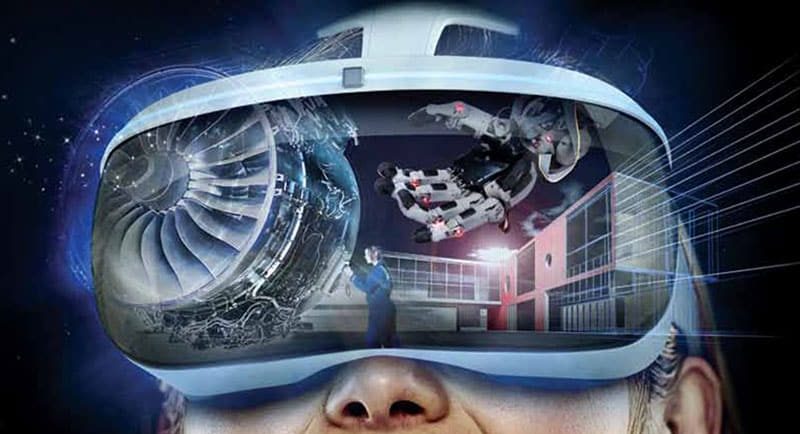Positives and Negatives
Legal and Social:
With new technology comes new legality concerns. Games like Second life have avatars which are not exactly representative of the person playing. Through avatars, a social aspect of VR becomes possible where players can interact with thousands of people online (Tennesen, 2009, p. 27–28). Because of the social interactivity there always possibility for criminal activity to take place. Currently, there are little to no legal process for a transaction between two players. This means one party could lend money to another with only a promise that it will be paid back. Only the trust among players bonds this agreement, and as one may surmise, there are often consequences resulting in players losing money or revealing private information which can be used against them. On the other hand, however, the involvement is figuratively out of this world, so it is understandable how one can overlook the negatives and enjoy the VR experience as it was intended. Most individuals interested in enjoying a VR experience find the positive legal and social issues outweigh the negatives. VR technology is legal and socially accepted. There is no cause for concern regarding the use of this technology at this time, nor does it seem anything will prevent the future developments in the VR industry.
Ethical:
It is not difficult to imagine the types of interactions taking place in games like Second life or World of Warcraft. Aside from the immersive virtual environment, it is relatively the same as most gaming atmospheres. There is little to no framework for controlling one’s actions outside the spectrum of the game. If someone is spending an average of 20 hours a week immersed in the fantasy world, it is likely that they may have less regard for the real one (Tennesen, 2009, p. 27–28). This could lead to an abundance of problems, including seclusion, isolation, and separation from society. In films such as Ready Player One, people have found more value in the virtual world than the real one. We see money, competition, greed, sex, and everything else imaginable suspect to conscience and integrity of individual players. On the positive side, it can be assured that the ethics of using this technology is mostly left in the virtual world. Actions, however, still have consequences. Therefore, one should avoid unethical behavior and avoid engaging in any suspicious activity online. Above all else, personal information should never be disclosed over the internet.
Security:
Like any device connected to the internet, VR platforms are susceptible to security risks. There are issues such as malware which could feasibly access the VR devices camera, or even track the motions a user makes while using the technology (Lang, 2018, para. 6). Essentially, there is a possibly that someone may be able to track what one does or watches at any time. Of course, these concerns are not new information in this age of technology. Many people are aware of these risks and still use VR platforms. VR technology is like any other device with online capability, it can be hacked and there are possibilities for viruses. On the positive side, VR technology functions through a computer, so up to date antivirus software aids in the prevention any unwanted security risks. As time progresses new security risks will likely arise, but we can be assured that so too will our ability to combat them.

Will Lawson - IT104-006 - George Mason University
